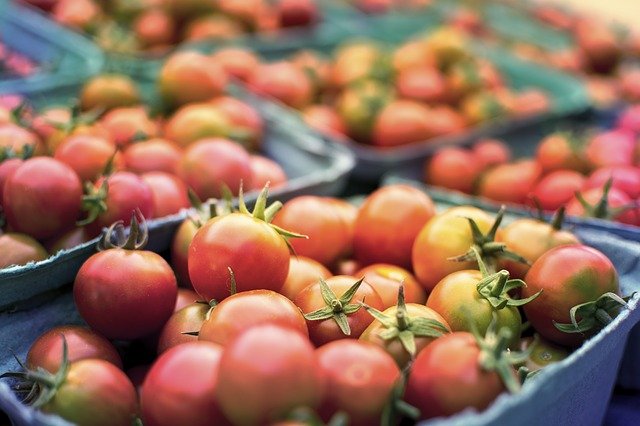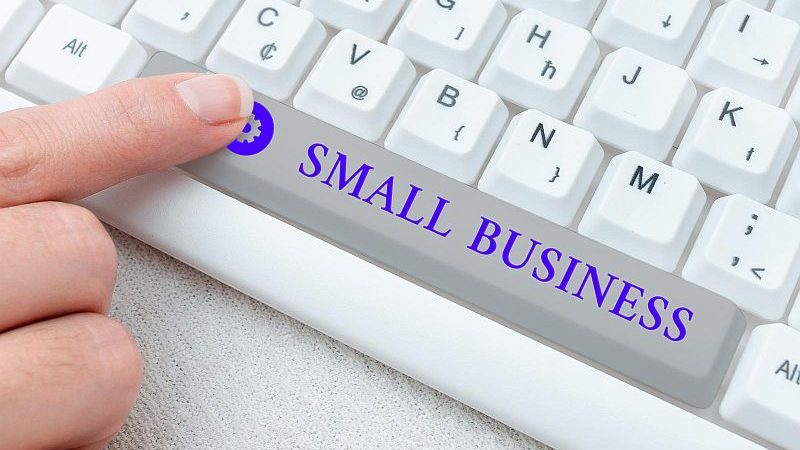Organic Gardening Advice That Will Make You More Successful

One of the benefits (if you can call it that) of chemically-enhanced produce is that it grows bigger, faster and cheaper than organic produce. But the risk factor involved is just too much for some people to live with, and thus they attempt to grow their own produce organically. If you fit this bill, check out these gardening tips.
Allow your children to actively participate in planting your organic garden. Toiling together in the garden brings your family closer together and offers many different opportunities to learn new things and instill green values.
When watering plants use recycled water, but avoid re-using water from sources such as baths, washing machines, or dishwashing. These water sources may contain harmful chemicals that can be absorbed into your vegetables such as nitrates and phosphates. This water may even contain pathogens that could harm you or your plants.
Try not to walk in your garden unless you absolutely have to in order to care for it. Work from a distance when you can. Walking across the soil compacts it, which makes it harder for roots to penetrate to needed nutrients. If your soil is already packed down, gently aerate it without damaging root structure.
A great first step to having a successful organic garden is to test the acidity of the soil in your garden. The ideal number is 6.5, if your soil is on the low end, it’s too acidic and if it’s on the high end it’s too alkaline. Neither of those situations lends itself to a successful garden. So by purchasing a soil testing kit before planting, you will assure yourself a beautiful organic garden in the summer.
Use a raised garden bed when planting your plants. Not only does it provide a minor defense against the common vegetable pests, raised garden beds are also warmer during the spring. The planter becomes warmer because it isn’t surrounded by several inches of isolating ground-soil. The warmer climate will result you being able to plant earlier.
Collecting rainwater is the natural way to supply yourself with water for all your organic gardening needs. You can simply build your own system of rain barrels or buy them ready made. That way, you won’t have to pay for water for your garden or lawn maintenance. Caution is needed! Covers are suggested to cut down on mosquitoes and other pests that can be attracted to standing water.
If you plan on starting an organic garden, you should always properly cover your seeds. If your seeds are not properly covered, then they will not grow. You should aim to cover most of your seeds about three times as deep as the thickness of your seeds in order to ensure optimum growth. However, certain seeds, such as alyssum and snapdragons, should not be covered because they need a lot of light to germinate.
Before you begin planting in your garden, it’s a good idea to test your soil’s acidity first. Home testing kits are readily available. Your soil should have a pH around 6.5 for most vegetables. If the pH is too low, you can boost it by spreading lime. If it’s too high, you can use powdered sulfur.
If your yard’s soil isn’t as healthy as you want, or has been contaminated in some way, you can still grow organic produce using raised beds. You can use wood, brick or stone for the border. Make sure that it is at least 16 inches high so that there is room for the roots. Fill it with organic soil and compost.
Keep track of your organic garden’s progress in a gardening journal. Make note of everything – the dates you plant, the dates you fertilize, pests that arrive, which repellents work, when you begin harvesting, and how fruitful your garden is. This information will be valuable to you as you plan your garden in the years ahead and will help you to be a successful gardener.
If you sell or use organically grown produce in a commercial setting, you should communicate your commitment to natural growing by becoming certified. This can boost sales and tell loyal customers that you’re providing the best to them.
Often times, in order to get rid of certain caterpillars or worms, you have to use a special netting that will hide them from your leafy green plants such as broccoli. This net will keep the pests out and away from damaging your crops, while maintaining the organic essence of your garden.
Use a soaker hose to water your garden. A soaker hose allows the water to be absorbed directly in to the soil, rather than disbursed in to the air. This helps to conserve water, a valuable resource. Plant leaves also stay dry, which means you get to avoid pesky fungus problems.
While organic gardening is a great way to know exactly what is being put into your body you will have to give a little more care in washing and looking over your produce. This is because there are no products used on the produce which can lead to more bruising and pests.
To make sure you are doing organic gardening, define what organic means to you and make sure your seeds, plants and supplies fit your criteria. There is no set scientifically agreed on definition of what “organic” consistently means, so companies can label practically anything organic. Know what it means to you, then read labels to make sure you buy things consistent with your beliefs.
When you are ready to mulch, choose an organic mulch. Cocoa hulls or weed-free straw are great examples. The mulch will eventually decompose and add rich, organic nutrients to your soil. Just add a couple of inches to your garden each year and you will see the long-term benefits.
Mass-produced food will always have its own advantages, but it may not be worth it to you or your family to risk your health for a few extra dollars in savings. If you decide to grow organically, however, you can save hundreds while ensuring that everything you eat is fresh and healthy. Just use these tips to help you grow.




